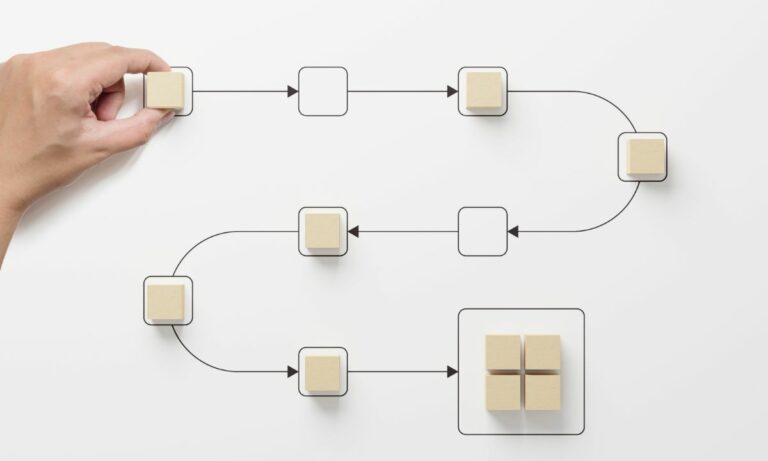In the evolving landscape of healthcare, efficient management of chronic care programs is a crucial aspect. With the rising prevalence of chronic diseases, healthcare providers are under constant pressure to deliver effective care while managing their resources optimally. In such a scenario, Business Process Management (BPM) has emerged as a transformative tool that can unlock unprecedented efficiencies in chronic care program management. By automating repetitive tasks and streamlining the workflow, BPM can reduce overhead costs, improve patient outcomes, and enhance overall productivity.
Understanding BPM in Chronic Care Program Management
Before diving into the specific benefits, let’s understand what BPM is and how it fits into chronic care program management. BPM is a systematic approach to making an organization’s workflow more effective, efficient, and adaptable to changes. In the context of managing chronic care programs, BPM involves automating and optimizing several processes such as patient data management, scheduling, billing, and reporting, among others.
Through process automation, healthcare providers can streamline their operations, reduce errors, and ensure consistent delivery of care. This not only leads to improved patient satisfaction but also frees up time for healthcare professionals to focus on critical tasks that require their expertise.
Given the complexity and importance of chronic care programs, it’s clear that adopting BPM can bring about significant benefits. The following sections will delve deeper into these benefits, demonstrating how BPM can revolutionize chronic care program management.
Enhancing Operational Efficiency
One of the primary benefits of BPM is the enhancement of operational efficiency. With process automation, repetitive tasks such as data entry, appointment scheduling, and billing can be automated. This reduces the time spent on these tasks, allowing healthcare professionals to focus on providing care. Moreover, automation also minimizes the risk of errors, enhancing the accuracy and reliability of these processes.
For instance, with BPM, healthcare providers can automate the process of patient data management. Instead of manually entering patient data into multiple systems, the data can be automatically captured and updated across all platforms. This not only saves time but also ensures that the data is accurate and up-to-date.
Moreover, BPM can also optimize the scheduling process. By automating appointment scheduling, healthcare providers can ensure that appointments are scheduled efficiently, reducing the likelihood of overlaps or double-bookings. This leads to better utilization of resources and improved patient satisfaction.
Improving Patient Outcomes
Beyond operational efficiency, BPM also plays a crucial role in improving patient outcomes. By streamlining and automating processes, healthcare providers can ensure that patients receive timely and consistent care. This is particularly important for chronic care programs, where consistent monitoring and management can significantly improve patient outcomes.
For example, with the automation of patient data management, healthcare providers can easily track a patient’s health status and adjust their care plan accordingly. This ensures that the patient receives the right care at the right time, improving their health outcomes.
Furthermore, with the ability to automate reporting, healthcare providers can easily track and analyze their performance. This allows them to identify areas of improvement and implement changes to enhance their care delivery. By continuously improving their processes, healthcare providers can ensure that they are delivering the best possible care to their patients.
The Role of Flokzu in BPM
At Flokzu, we understand the transformative role of BPM in chronic care program management. That’s why we offer a robust BPM solution that can automate and streamline your processes, unlocking unprecedented efficiencies. Whether it’s patient data management, scheduling, billing, or reporting, our solution can handle it all.
Not only does our solution enhance operational efficiency, but it also improves patient outcomes. With automated processes, you can ensure that your patients receive the care they need when they need it. Moreover, our solution also provides valuable insights into your performance, allowing you to continuously improve your care delivery.
Best of all, our solution is affordable and easy to implement. With flexible pricing options and a user-friendly interface, you can start optimizing your processes without breaking the bank or navigating a steep learning curve.
In conclusion, BPM can play a transformative role in chronic care program management. By automating and streamlining processes, it can unlock unprecedented efficiencies, improve patient outcomes, and enhance overall productivity. So why wait? Schedule a free demo of Flokzu today and start your journey towards efficient chronic care program management.






























